Energy-Efficient Cluster Head Selection Optimization in Wireless Sensor Networks using Multi-Parameter Algorithm Integration
Problem Definition
Wireless sensor networks play a crucial role in various applications such as environmental monitoring, surveillance, and smart cities. However, a major limitation that hinders their widespread adoption is energy efficiency. The nodes in these networks are typically powered by limited energy sources such as batteries, making it imperative to conserve energy to prolong the network's lifetime. The challenge lies in striking a balance between energy consumption and performance, as excessive energy usage can lead to premature node failure, while overly conservative energy management may result in suboptimal network performance. As such, optimizing energy efficiency within wireless sensor networks is a pressing issue that needs to be addressed to enhance their effectiveness and sustainability.
One of the key pain points in energy management in wireless sensor networks is the lack of efficient optimization algorithms that can dynamically adjust network parameters to minimize energy consumption without compromising performance. Current approaches often rely on simplistic heuristics or static strategies that do not adapt well to changing network conditions. This can result in inefficient use of energy resources and reduced network reliability. By developing a multi-parameter optimization algorithm as proposed in this research project, it is anticipated that significant improvements can be made in energy efficiency within wireless sensor networks, ultimately leading to enhanced performance, longevity, and reliability of these systems.
Objective
The objective of this research project is to develop and implement a multi-parameter optimization algorithm in MATLAB to improve energy efficiency in wireless sensor networks. By focusing on clustered selection and designing an optimization algorithm, the aim is to minimize energy consumption while maintaining optimal network performance. The project will utilize various optimization algorithms such as Particle Swarm Optimization (PSO), Genetic Algorithm (GA), and Lower Confidence Bound Weighted Average (LCWA) to compare different scenarios and evaluate the proposed solution thoroughly. Factors like optimal cluster selection, network setup, node deployment, and remaining energy will be analyzed to provide a comprehensive evaluation of the proposed solution's performance through visualizations and graphs. This research aims to address the pressing issue of energy efficiency in wireless sensor networks and enhance their effectiveness and sustainability.
Proposed Work
The research project focuses on addressing the challenge of energy efficiency in wireless sensor networks by minimizing energy consumption while maintaining optimal performance. The goal is to enhance clustered selection and design an optimization algorithm to improve energy efficiency effectively. Using a multi-parameter optimization approach, the project aims to compare different codes and cases to evaluate the proposed solution thoroughly. The proposed work involves the analysis, design, and implementation of optimization algorithms such as Particle Swarm Optimization (PSO), Lower Confidence Bound Weighted Average (LCWA), Leach Comparison GateWay (LCGW), Genetic Algorithm (GA), and Weighted Average (WA) code in MATLAB software. By examining factors like optimal cluster selection, network setup, node deployment, and remaining energy, the project seeks to provide a comprehensive evaluation of the proposed solution's performance through visualizations and graphs illustrating node status and throughput over rounds.
Application Area for Industry
This project's proposed solutions can be applied in various industrial sectors such as smart infrastructure, environmental monitoring, agriculture, healthcare, and manufacturing. In the smart infrastructure sector, the optimization algorithms can be utilized to improve energy efficiency in smart buildings, transportation systems, and urban management. In environmental monitoring, the network optimization can help in enhancing the energy efficiency of sensor networks used for monitoring air quality, water quality, and natural disaster detection. The agriculture sector can benefit from optimized sensor networks for precision farming practices, while the healthcare industry can use energy-efficient wireless sensor networks for patient monitoring and remote healthcare services. In manufacturing, the algorithms can be applied to enhance energy management in the industrial Internet of Things (IIoT) for improving production processes and reducing operational costs.
By implementing these solutions, industries can significantly reduce energy consumption, prolong the lifespan of sensor networks, and improve overall performance, leading to cost savings, increased productivity, and enhanced sustainability.
Application Area for Academics
The proposed project focusing on energy efficiency in wireless sensor networks has significant potential to enrich academic research, education, and training in the field of wireless communication and optimization algorithms. By introducing a novel optimization approach using various algorithms in Matlab software, the project offers a valuable contribution to research by addressing the critical challenge of minimizing energy consumption while maintaining optimal network performance.
The relevance of this project lies in its application in pursuing innovative research methods, simulations, and data analysis within educational settings. Researchers, MTech students, and PhD scholars in the field of wireless sensor networks can benefit from the code and literature provided in this project to study and implement multi-parameter optimization algorithms. The use of algorithms such as Particle Swarm Optimization, Genetic Algorithm, and Weighted Average code can enhance the understanding of energy management within wireless sensor networks and contribute to the development of more efficient and sustainable network designs.
The proposed work also offers potential applications for future research in exploring advanced optimization techniques and evaluating network performance under different scenarios. By visualizing the results through graphs and comparing them with various cases, the project provides a comprehensive analysis of energy consumption, node deployment, and network setup. This can serve as a valuable resource for conducting further studies on energy-efficient communication protocols and network optimization strategies.
In conclusion, the proposed project on energy efficiency in wireless sensor networks has the potential to enrich academic research, education, and training by offering new insights into optimization algorithms and their application in wireless communication systems. The use of Matlab software and various optimization techniques makes this project a valuable resource for researchers and students looking to explore innovative research methods and simulation tools in the field of wireless sensor networks.
Reference future scope: The future scope of this project includes exploring advanced optimization algorithms, incorporating machine learning techniques for energy management, and conducting real-world experiments to validate the proposed solutions. Additionally, the development of user-friendly tools and interfaces for implementing optimization algorithms in wireless sensor networks can further enhance the educational and practical impact of this research.
Algorithms Used
The algorithms and techniques used in this project include Optimal Cluster selection, Weighted Average (WA) code, Particle Swarm Optimization (PSO), Lower Confidence Bound Weighted Average (LCWA), Leach Comparison GateWay (LCGW), and Genetic Algorithm (GA). These algorithms were employed to analyze, compare, and construct optimization approaches in the wireless sensor network. The proposed solution aims to reduce energy consumption by introducing a different optimization approach. Various algorithms were implemented in MATLAB software to design and analyze the optimization strategies. The project's results were compared with different scenarios to evaluate performance, considering factors such as optimal cluster selection, network setup, node deployment, and remaining energy levels.
The study also includes visualizations through graphs showing dead nodes, alive nodes, and throughput against the number of rounds.
Keywords
Wireless Sensor Network, Energy Efficiency, Cluster Selection, Multi-Parameter Optimization Algorithm, MATLAB, Optimal Cluster Section, Weighted Average, Code Comparison, Particle Swarm Optimization, Lower Confidence Bound Weighted Average, Leach Comparison Gateway, Genetic Algorithm, Network Setup, Node Deployment, Remaining Energy, Alive Nodes, Dead Nodes, Throughput, Number of Rounds, Energy Management.
SEO Tags
Problem Definition, Energy Efficiency, Wireless Sensor Networks, Optimal Performance, Energy Management, Lifetime Optimization, Multi-parameter Optimization Algorithm, Energy Consumption Reduction, Matlab Software, Particle Swarm Optimization, PSO Algorithm, Lower Confidence Bound Weighted Average, LCWA Algorithm, Leach Comparison GateWay, LCGW Algorithm, Genetic Algorithm, GA Algorithm, Weighted Average, WA Code, Performance Evaluation, Optimal Cluster Selection, Network Setup, Node Deployment, Remaining Energy Assessment, Visualization of Project Results, Graphical Representation, Dead Nodes Analysis, Alive Nodes Evaluation, Throughput Measurement, MATLAB, Wireless Sensor Network Research, Cluster Selection Methods, Energy Efficiency Strategies, Algorithm Implementation, Network Optimization, Research Study, Advanced Optimization Techniques, Energy Conservation in Sensor Networks.
| Shipping Cost |
|
No reviews found!













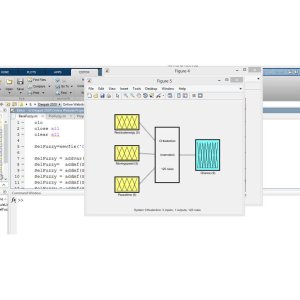
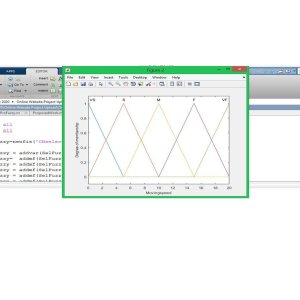

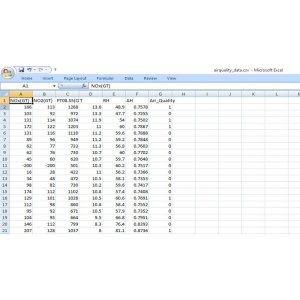
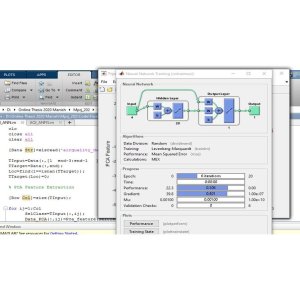
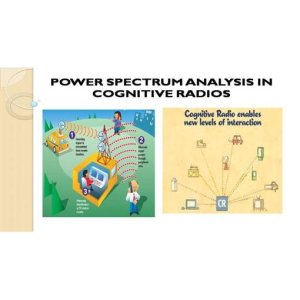
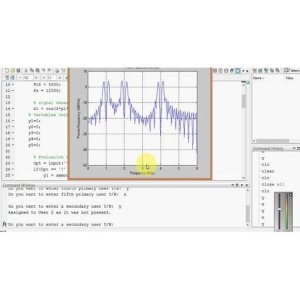
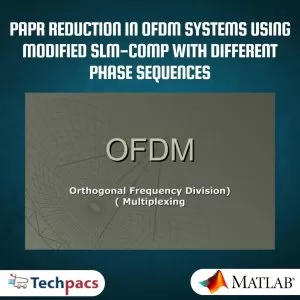































No comments found for this product. Be the first to comment!